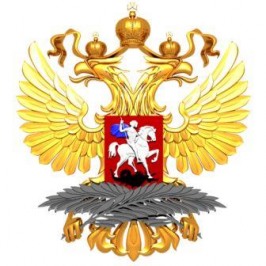The European Court of Human Rights (ECHR) satisfied the complaint of the applicants in the case of Nikolai Bayev, Aleksey Kiselev and Nikolai Alekseyev versus Russia of June 20, 2017 regarding the ban on public statements on the identity, rights and social status of sexual minorities. Russia’s Ministry of Justice declared in this context that the ruling is not final and that Russia will appeal against it in the ECHR Grand Chamber.
At the same time we would like to note that, contrary to its own practice, in this case the ECHR did not try to find a balance between freedom of expression and the right to respect the private lives of juveniles. Nor did it take into account the right of parents to bring up their children in accordance with their religious and philosophical beliefs. Regrettably, the ECHR did not acknowledge that the protection of health and rights of juveniles requires restrictions on the freedom of expression as regards homosexual relations and rejected all arguments of the Russian authorities about the risks of “converting” children to homosexual lifestyle. In effect, the court shut its eyes to the provision of the UN Convention on the Rights of the Child on the interests of children as a primary consideration.
We would like to emphasise once again that the laws of the Russian Federation banning the propaganda of unconventional sexual relations among juveniles do not contain any general prohibition or criticism of such relations. These laws are aimed exclusively at protecting the moral and spiritual upbringing of children. They do not envisage any discrimination and do not provide for excessive actions by the authorities.
The legal basis of Russia’s position on this issue is reaffirmed in the definition of its Constitutional Court in connection with the complaint of LGBT activists N. Alexeyev, Ya. Yevtushenko and D. Isakov. The court emphasised that competent agencies, including courts, should adopt a balanced approach to reviewing cases under Article 6.21 of the Code on Administrative Offenses. The said statute does not allow broad interpretation because only public actions that promote unconventional sexual relations and impose them on juveniles can be considered wrongful.
We believe the ECHR’s ruling on the said case is yet another example of the politicised approach to reviewing complaints against this country in violation of the ECHR’s subsidiary role and the freedom of discretion as regards the application of the Convention for the Protection of Human Rights and Fundamental Freedoms by the participating states.























